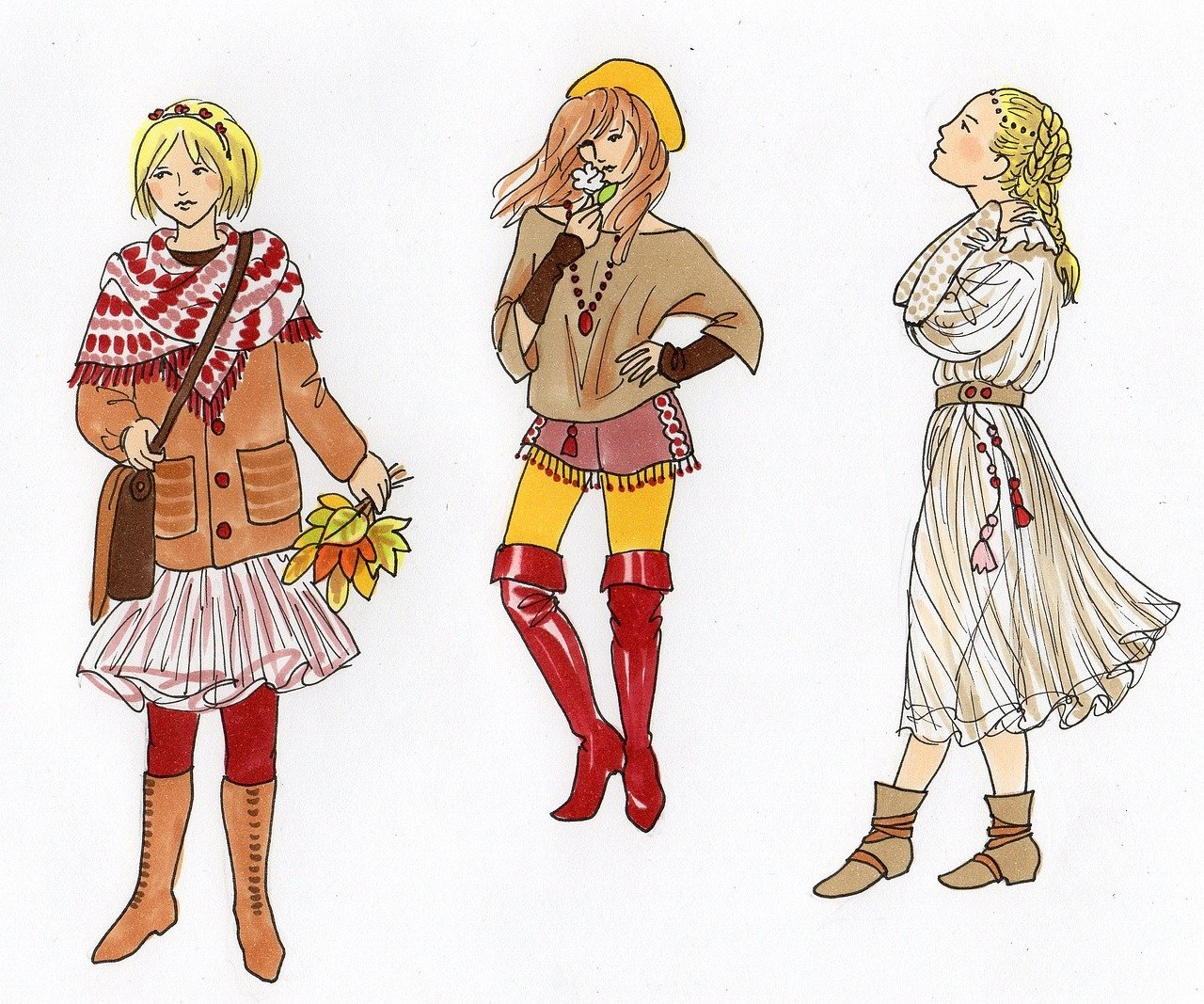Fashion and Green Fashion Startups: Innovative Sustainable Brands
The fashion industry is evolving towards more sustainable practices to reduce its environmental impact. Brands are increasingly implementing measures to minimize waste and carbon emissions in their production processes. From using organic and recycled materials to adopting eco-friendly manufacturing techniques, fashion companies are making conscious efforts to create more environmentally-friendly products.
In addition to eco-conscious materials and production methods, improving supply chain transparency has become a key focus in the fashion industry. By tracing the origins of materials, ensuring ethical labor practices, and promoting fair trade, brands are working towards creating a more sustainable and ethical supply chain. Consumer awareness and demand for transparent and ethical fashion are driving this shift towards more responsible practices in the industry.
Impact of Fast Fashion on the Environment
Fast fashion has significantly contributed to environmental degradation over the years. The industry’s rapid production and disposal of clothes lead to excessive waste generation and increased carbon emissions. This constant cycle of producing low-quality garments that quickly go out of style further exacerbates the carbon footprint of the fashion industry, contributing to climate change.
Moreover, the use of synthetic fibers in fast fashion contributes to microplastic pollution in oceans and waterways. These tiny plastic particles not only harm marine life but also enter our food chain, posing a threat to human health. The chemical dyes and finishes used in the production process also contribute to water pollution, affecting ecosystems and communities living near manufacturing facilities.
Emerging Trends in Sustainable Fashion
The fashion industry is continuously evolving, with a significant shift towards sustainability in recent years. One emerging trend is the use of innovative and eco-friendly materials in clothing production. Designers are exploring alternatives to traditional fabrics such as organic cotton, hemp, and lyocell, which have a lower environmental impact and promote ethical practices in the supply chain.
Another trend gaining momentum is the concept of circular fashion, which focuses on creating a closed-loop system where clothes are designed to be easily recycled and reused. This approach helps reduce waste and minimizes the industry’s carbon footprint. By embracing circularity, fashion brands are not only reducing their environmental impact but also contributing to a more sustainable future for the industry.
What are some sustainable practices being adopted in the fashion industry?
Some sustainable practices include using organic or recycled materials, reducing waste through upcycling, and implementing eco-friendly production methods.
How does fast fashion impact the environment?
Fast fashion leads to large amounts of clothing waste, high water consumption, and pollution from synthetic materials. It also contributes to unethical labor practices in the industry.
What are some emerging trends in sustainable fashion?
Emerging trends in sustainable fashion include the rise of eco-friendly materials like hemp and bamboo, the growth of second-hand and rental platforms, and the focus on transparent and ethical supply chains.







